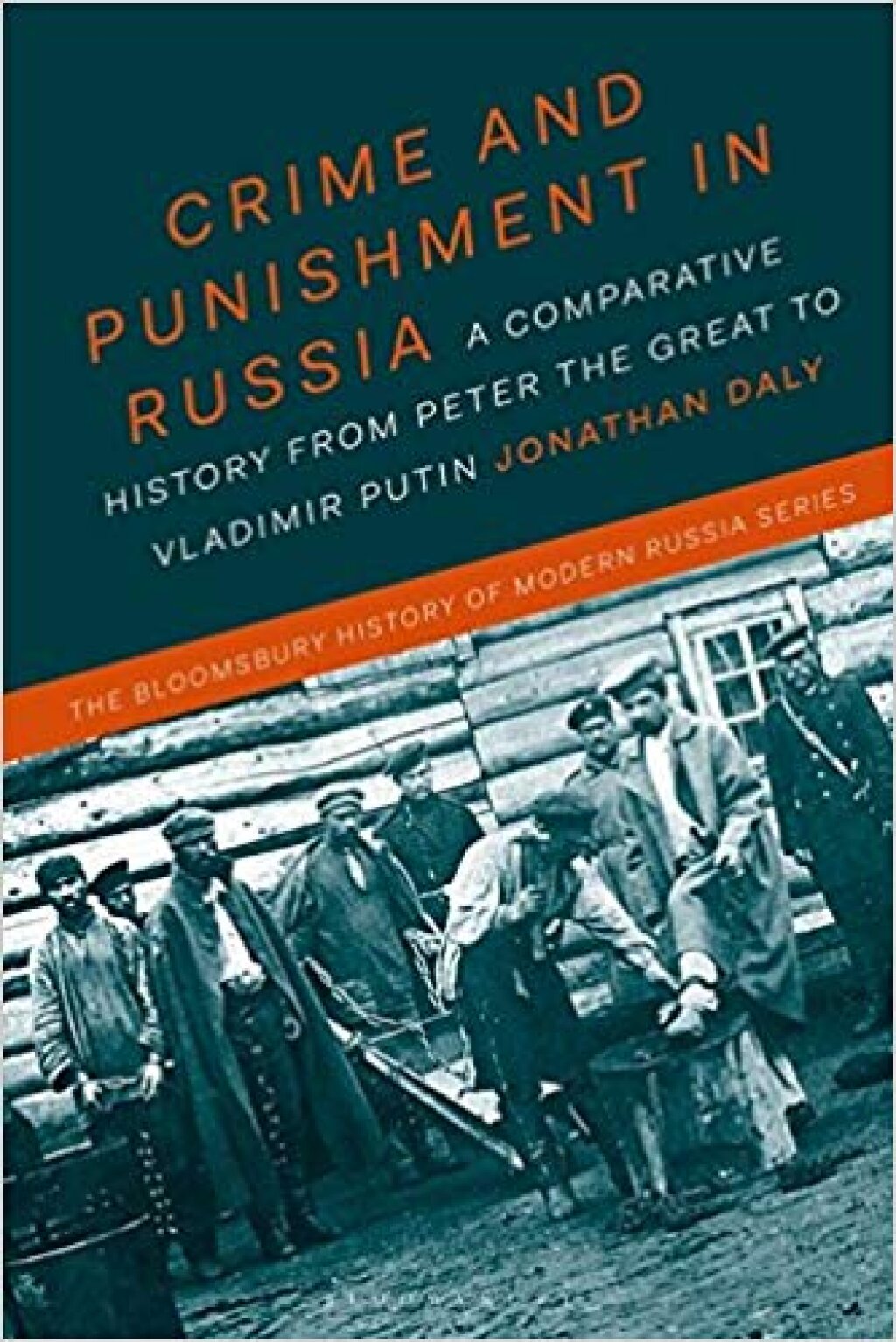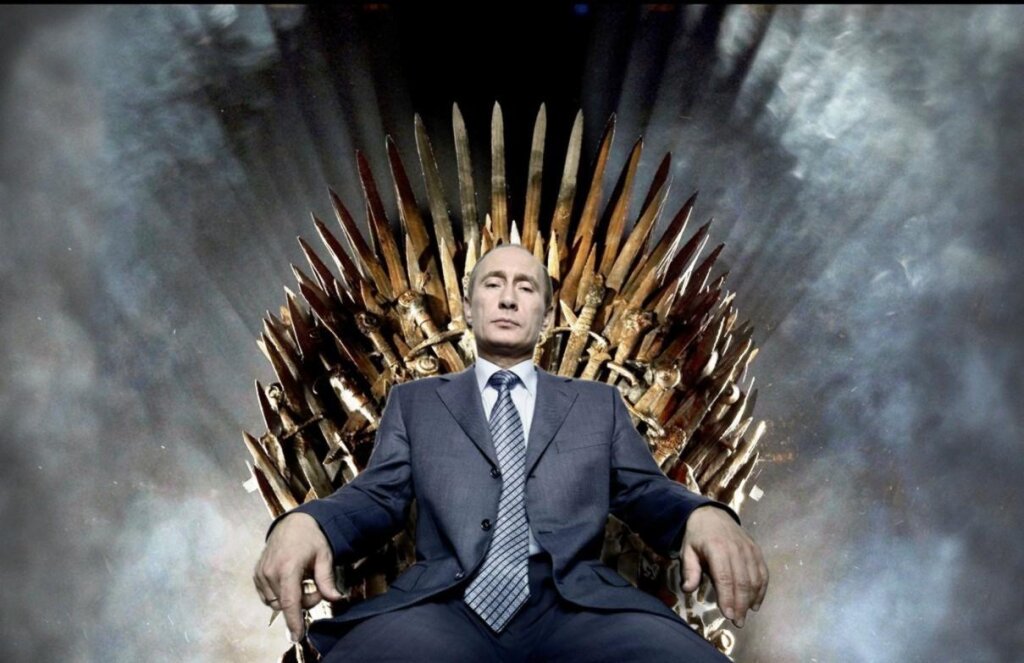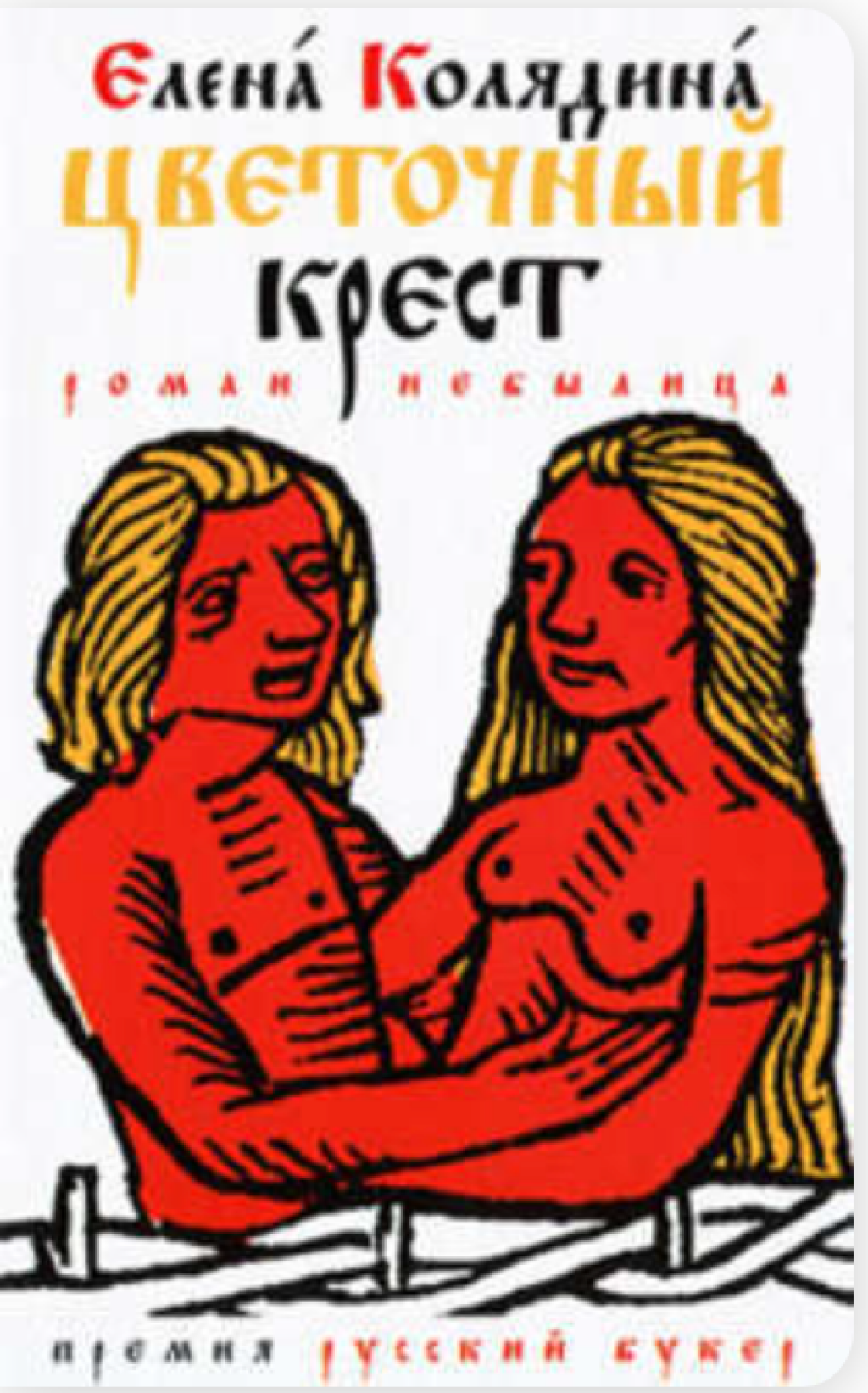Jonathan Daly teaches Russian, European, and world history at the University of Illinois at Chicago, focusing on Western Civilization’s shaping of the modern world and the unequal struggle between the Russian state and society. He is the author of Crime and Punishment in Russia: A Comparative History from Peter the Great to Vladimir Putin (London and New York: Bloomsbury Academic, 2018).
Russian government agents apparently poisoned Sergei V. Skripal in England (March 2018), murdered Zelimkhan Khangoshvili in Berlin (August 2019), and have committed similar crimes worldwide. Domestically, the government has incarcerated countless opposition leaders, political activists, and cultural figures, like Aleksei Navalny, Kirill Serebrennikov, Pavel Ustinov, and Yegor Zhukov. If a criminal defendant has enemies in high places, his or her chances of a fair trial are low. Russia has been justifiably called a Mafia-state. Yet for two centuries it had been making steady progress toward the rule of law and a predictable, impartial, accessible, and fair criminal justice system. What happened?
In the eighteenth century, Peter the Great standardized judicial procedure and imposed central judicial control, his granddaughter Elizabeth curtailed the use of capital punishment, and Catherine the Great created specialized courts and softened the application of criminal law. In the following century, Alexander I abolished torture and harsh forms of bodily mutilation and Alexander II instituted an independent judicial system with jury trials. By the early 1900s, regular criminal justice in Russia was on par with the best practices in Europe. After the Revolution of 1905 nearly brought down the Russian state, Nicholas II expanded civil rights.
The Judicial Reform of 1864 was meant to establish equality before the law, but it coincided with a campaign of political terrorism, culminating in the assassination of Alexander II. Henceforth, military courts and administrative procedure were used to combat radical activism. Such unpredictable, harsh, and unfair methods turned many politically conscious people against the regime and inspired revolutionary activism, contributing to the overthrow of government and dynasty in early 1917. The interim leaders so despised the former system as to dismantle its entire police apparatus. Criminality soared; the state all but collapsed. Ordinary people looked to the Bolsheviks as the only political force with a compelling vision for restoring order and building a bright future.
Once in power, however, the Bolsheviks abolished the independent judiciary and built up the most intrusive security police system ever devised. Political activism was completely suppressed. Strict rules criminalized most forms of private economic activity. The persecution of political opponents and “socially harmful elements” culminated in the Great Terror of 1937–1938, when at least 681,692 people were executed without due process. After Stalin died in 1953, the Soviet criminal justice system grew less arbitrary. Yet any case involving political features or that concerned senior officials rarely enjoyed impartial treatment. Moreover, corruption permeated the entire Soviet bureaucracy, as officials habitually bent the rules and bribery was often necessary to facilitate routine transactions.
Mikhail Gorbachev and Boris Yeltsin strived to reform the criminal justice system in the 1980s and 1990s. But a breakdown of social order and a dramatic increase in criminality thwarted their efforts. Vladimir Putin and Dmitry Medvedev, both trained lawyers, undertook further reform and tamed organized crime. Unfortunately, the country’s robust criminal organizations blended into the state institutions, creating a vicious symbiosis of arbitrary power that deploys violent methods for both governmental and personal goals.



